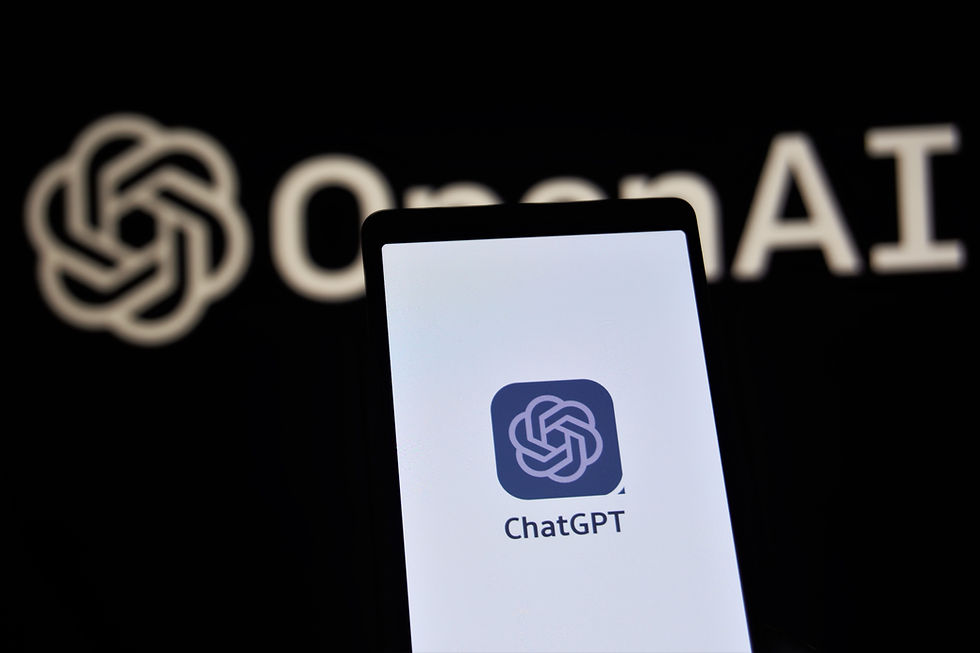
A little over a year ago, hardly anyone gave Artificial Intelligence (AI) a second thought. But fast forward to now, and AI has shifted from being basically unknown to an existential threat.
AI has become a threat, not in the Terminator-styled manner as portrayed by the famous movie franchise, ‘Terminator’. Rather, it has become a professional threat by killing off careers, or so critics say.
Fears that AI will replace mankind in every aspect of life are as old as AI itself, and some of these fears may be coming to fruition. In Hollywood, for instance, actors and scriptwriters are on strike after negotiations with the Alliance of Motion Picture and Television Producers, the body made up of Studio bosses, failed. The actors and scriptwriters had sought to correct their wages and regulate AI which they fear could replace their work.
But while workers are fearing being replaced by AI, tech and media companies, and other conglomerates, are actually working on formalising AI products. Google and Universal Music are currently in talks to use AI to allow music fans to create deepfakes of their favourite artists. These talks are meant to develop a tool for fans to “create tracks legitimately and pay the owners (of the voice) of the copyrights for them,” a process which artists can opt out of if they want to.
Platforms such as TikTok have also made provisions for AI deepfakes to be labelled on their platforms to establish transparency. Google is also advocating for permission from the Australian government for AI to mine publishers’ work unless the publishers themselves opt-out. Walt Disney has also formed a task force to explore possible avenues of using AI in filmmaking as the company seeks to reduce costs associated with movie production.
All these pushes for AI to become mainstream by tech and media companies would indeed benefit the creators of AI-generated content and would-be users of these AI features. However, as the Hollywood strike has illustrated, employees might find themselves at the mercy of AI.
The harsh reality is that AI will disrupt current working conditions as companies explore AI for cost-cutting and efficiency. It is unclear which sectors might be heavily impacted, but currently, the creative sector seems the most impacted due to AI’s ability to create audio, visual and text-based products using prompts with minimal effort.
Professionals might need to deepen their knowledge about AI operations so that they become the ones to use AI to create content for their companies. As tech and media professionals, we might need to adapt to the changing landscapes and make AI work for us in an ethical manner.
Comments